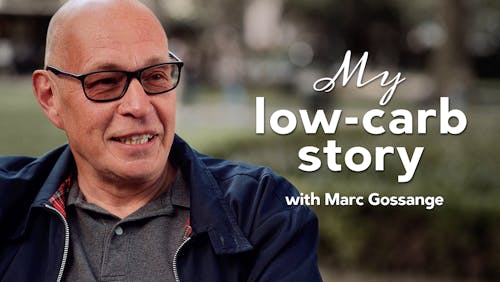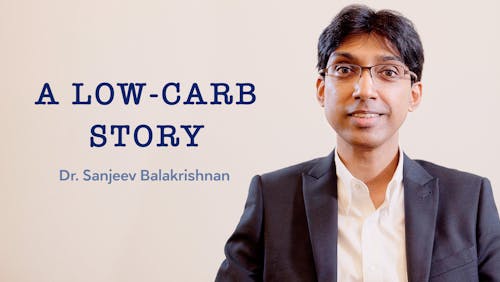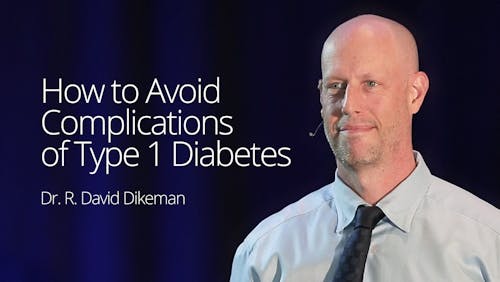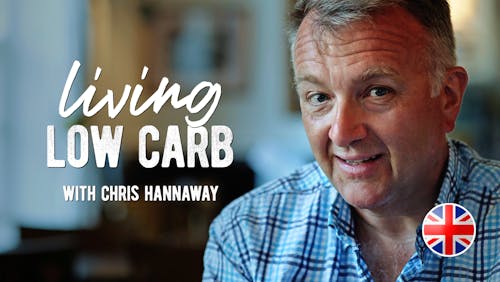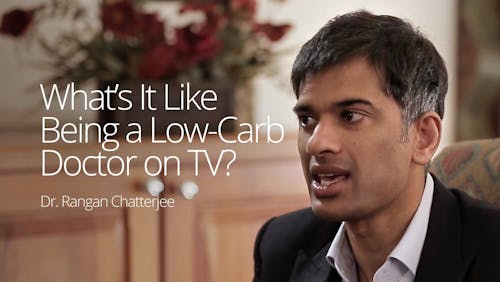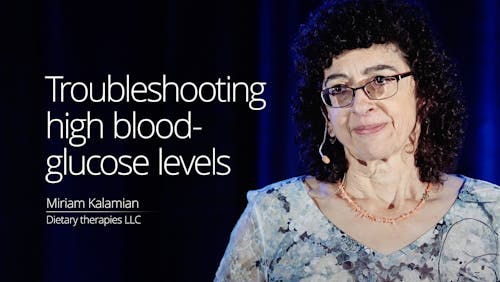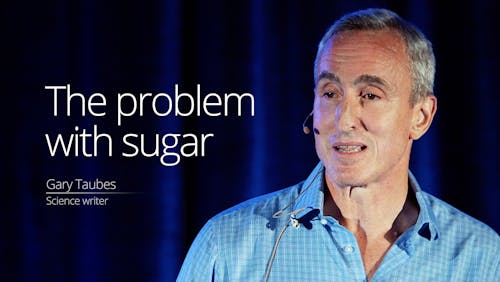New study: A low-carb breakfast could be ideal for diabetes control

What should you eat for breakfast if you have diabetes? We’ve always recommended that you skip the carbs and fuel up with fat and protein instead — and a new study confirms that this is excellent advice.
The study, published by the American Journal of Clinical Nutrition, has shown that eating a low-carbohydrate, high-fat breakfast can help prevent blood sugar spikes in people with type 2 diabetes:
UBC Okanagan News: UBC researchers say eggs for breakfast benefits those with diabetes
This was a study of 23 people who were either taking oral diabetes medication or no medication and had an average HbA1c of 6.7%, which is considered “good” control by the American Diabetes Association and most other diabetes organizations.
In this randomized, controlled trial, participants ate a low-carb, high-fat breakfast (such as an omelette made with cheese, cream, and spinach) on one day and a higher-carb, low-fat breakfast (such as oats, fruit, and low-fat yogurt) on a separate day. Each breakfast contained about 600 calories and 29 grams of protein and was followed by a higher-carb, low-fat lunch and dinner. Blood sugar levels were assessed for 24 hours during each intervention by using continuous blood glucose monitoring (CGM) data.
The researchers found that the low-carb breakfast prevented the blood sugar spike that commonly occurs in people with diabetes after eating a meal. This resulted in lower overall exposure to elevated blood sugar and less variability during the 24-hour period after the low-carb breakfast compared to the high-carb breakfast. Additionally, most participants reported that they had fewer cravings for sweets and were less hungry before dinner on the day they consumed the low-carb, high-fat breakfast.
People with diabetes typically experience their largest post-meal blood sugar increase after breakfast due to greater insulin resistance in the morning related to hormonal changes overnight.1 Not surprisingly, eating a high-carb meal at this time often causes a sharp rise in blood sugar. If this happens on a regular basis, it can increase the risk of diabetes complications, including heart disease.
By contrast, eating a breakfast that contains very few carbs, plenty of fat, and adequate protein can help maintain blood sugar within a very narrow, healthy range until the next meal — regardless of how far away that meal may be.
In this study, regardless of carb intake at breakfast, there were no differences in blood sugar levels after lunch and dinner; in each instance, a modest blood sugar spike occurred. The researchers viewed this finding favorably, stating that eating a low-carb breakfast didn’t further increase the glycemic response to a higher-carb meal later on.
But let’s just imagine what the post-meal and 24-hour blood sugar levels may have been like if all three meals had been very low in carbohydrates. Given the extent to which carbs affect blood sugar response, we strongly suspect that those results would have provided even more convincing evidence that a low-carb lifestyle is ideal for those with diabetes.
Earlier
ADA 2018: Very low-carbohydrate diets for diabetes
Is low carb the best treatment for reversing diabetes?


How to reverse
type 2 diabetes
GuideDo you have type 2 diabetes, or are you at risk for diabetes? Do you worry about your blood sugar? Then you’ve come to the right place.
Diabetes
Diabetes Care 2013: Magnitude of the dawn phenomenon and its impact on the overall glucose exposure in type 2 diabetes [moderate evidence]
The American Journal of Clinical Nutrition 2008: Effect of carbohydrate distribution on postprandial glucose peaks with the use of continuous glucose monitoring in type 2 diabetes [moderate evidence] ↩
